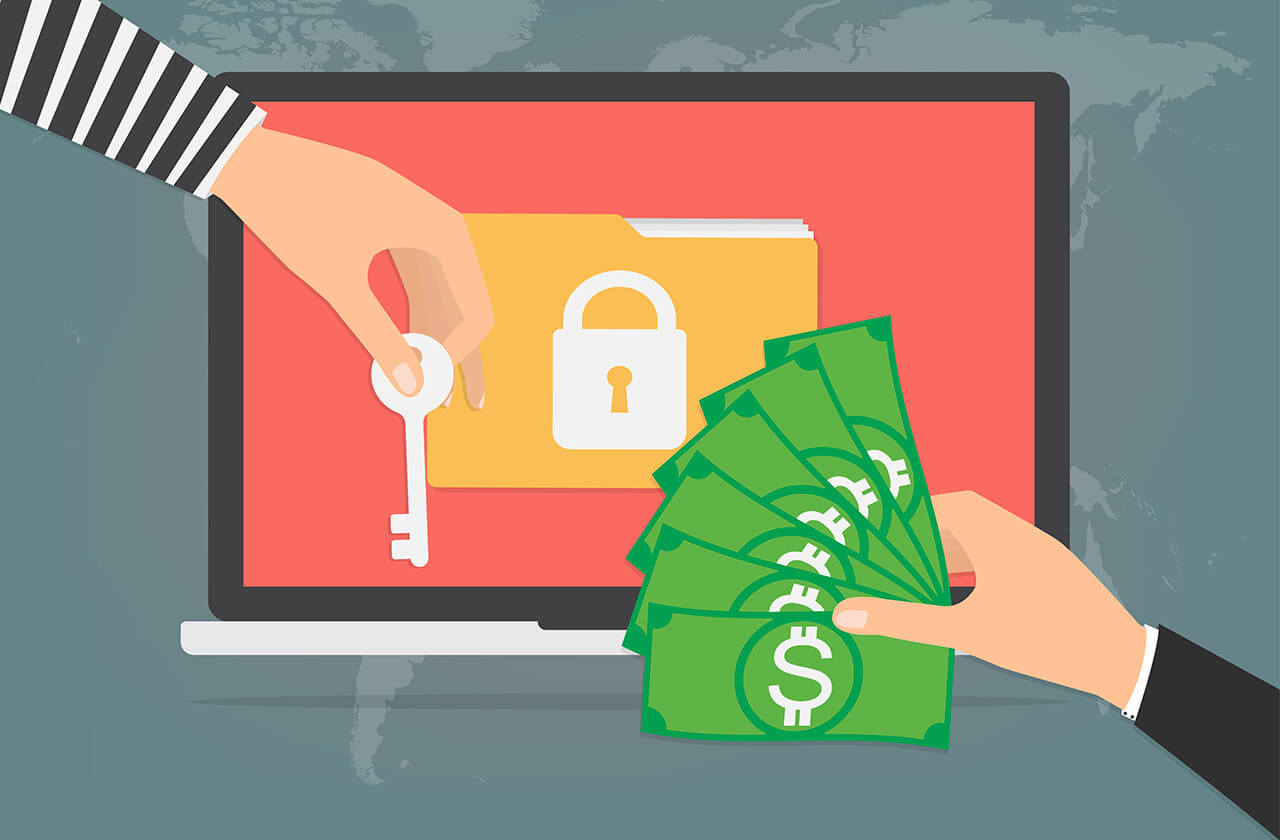Hazards of Ransomware are real for Cryptocurrency Miners

Cryptocurrency may well be the future of economic landscape and it has the potential of taking the entire FinTech category to a whole new level. But like any technological advancement, few elements and individuals always crawl out of their holes to make some easy buck by defrauding people. Well, unfortunately, cryptocurrency has also find its proverbial pirates. Cryptocurrency miners are now using ransomware to earn money off the people that might be interested in these new age virtual currencies.
The appeal of cryptocurrency is fueled by the unsubstantiated rise in prices of Bitcoin over the few years. This increase in prices, gave rise to a trend where thousands of tech enthusiasts and people looking to earn easy money, lined up to benefit from Bitcoin bubble. Several of them even opted to mine these coins themselves to get even a better chance of earning sure shot profits. Now, this led to many hackers and online bandits to mine potential ransomware to earn even higher amounts. Some even launched their own coins and virtual currency to even avoid detection by authorities or crypto-vigilanties.
What is a Ransomware?
Ransomware works like a common malware but instead of leading to hacked crucial information or documents, the person attacking your personal computer locks down access to important and vital data. Access to that information is gained by the hacker by successful entry of ransomware to your computer. This can be in the form of a file that you clicked upon or a doctored software that you tried to install on your computer. In order to regain access to their files and important documents, users are asked by hackers to pay them specific amount of money, otherwise, their vital data will be deleted or dumped for good. Ironically, ransomware attackers even ask users to pay them in major cryptocurrencies like Bitcoin so that transactions are not traceable by authorities.

A normal user of Personal Computer might not consider itself to be target of such an attack but trust us, when we say that the extent of hazards attached with ransomware are huge. Your personal photographs, your personal chat history, address books and credentials you use to login to your bank accounts from your home computer are all at risk, if you are attacked by a ransomware.
Businesses and employees working in corporate sector are another regular target of ransomware. A simple click on an unsafe link from a workstation, has the potential to risk entire company’s digital databank and servers. In a recent global attack of ransomware, companies were made to pay millions of dollars to safeguard their important files, documents and data from permanent deletion.
Case Studies of Ransomware via Cryptocurrencies
The out of the box concept of using personal computers for virtual currencies mining is real subtle. Hackers have designed some well guised mining programs that specifically target computers that have either an outdated Operating system or that are using non-effective firewall against such brute force. Typically considered to be stowaways, these ransomware are very hard to detect and payments via cryptocurrencies remain largely untracked. Even when detected, it is very hard to remove and you have no other way to pay them off to rid your computer from these malicious bots. Not to mention, there is this huge blow to the performance of your PC due to a large, yet anonymous, workload.
Although, it seems to be a dangerous path for crypto enthusiasts and people interested in ICOs but in actuality, if you do a proper research before buying cryptocurrencies, you will be safe. Don’t forget to check out reviews for an ICO from some leading crypto enthusiasts. Also make sure that you only invest in an ICO that already has placed stringent KYC and AML compliance measures. To avoid being targeted by hackers, make sure that you are using perfectly updated OS on your personal or work computer. A powerful firewall is also a must-have feature on your computer to ward off unwanted access to your computer.

 Explore Now
Explore Now













